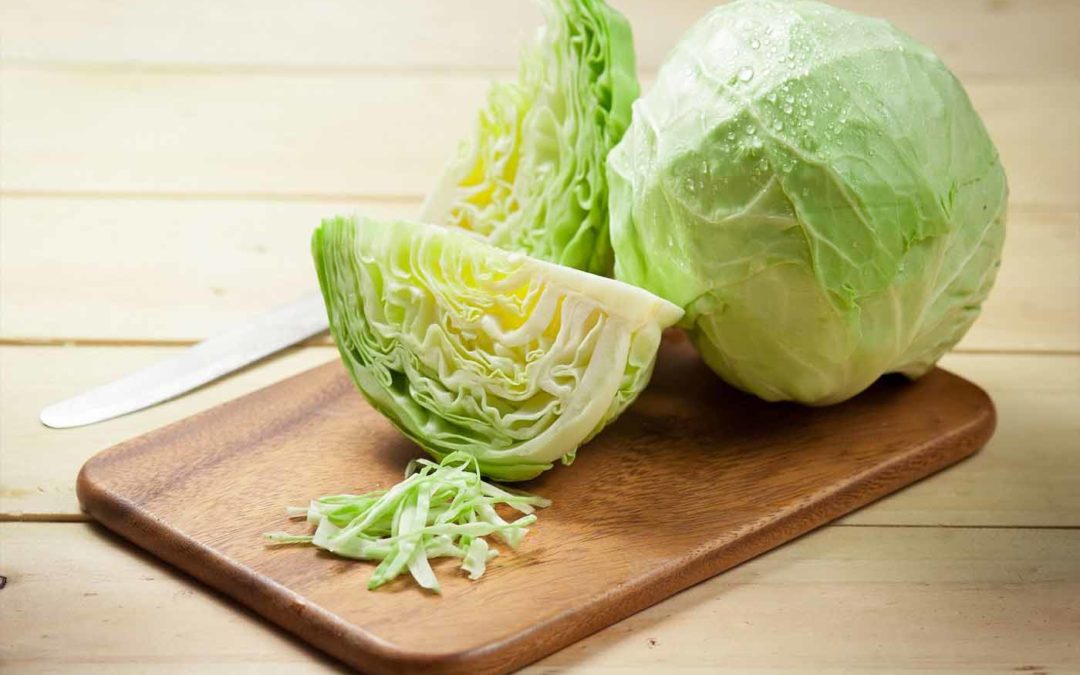Cabbage benefits for skin – Cabbage is one of the most popular green leaf foods belonging to the all-time popular cruciferous vegetable family. This vegetable is densely packed with nutrients. However, people often overlook the importance of cabbage. People often take it as an element of health for salads and probably some minute preparations but the food has more benefits than we have assumed.
Available in a variety of colors, the leaves of cabbage are either smooth or shriveled. Various studies have been done on its ability to increase our health and fight inflammation, leading to good skin. Yes, cabbage benefits for skin can prove to be highly beneficial for our skin.
Why cabbage is so good?
Cabbage generally contains four major antioxidants called choline, beta-carotene, quercetin, and lutein. Among these four, choline improves our memory and fights inflammations. It also prevents the neural tube defects that are seen in pregnant women, as shown in various studies. Beta-carotene protects our DNA from various smoking effects. Lutein can prevent several macular degenerations caused by aging. Quercetin helps fight harmful bacteria while combatting several common diseases.

Cabbage is also rich in mineral and vitamin content. It consists of Vitamin K, C, and B in abundance. These nutrients offer plenty of benefits for our health and skin.
Variety of cabbage
No matter how many variations they come in, cabbage is fruitful in all forms. Some of the most common types of cabbage include
- Organic cabbage
- Cannonball cabbage (the most commonly seen green cabbage)
- Savoy cabbage
- Red cabbage
- Napa cabbage
- Bok Choy
- Choy Sum
Regardless of the type of variety, you plan on consuming, cabbage benefits for skin. Cabbage is also among the most popular item researched by scientists for its benefits.
How does it help benefit your skin?
As we can already notice, cabbage is rich in antioxidants such as anthocyanins and sulforaphane. These together help fight inflammation. And when they reduce inflammations, our skin tends to become more smooth and radiant. This also helps fight acne, blemishes, and pigmentations. Cabbage can even fight certain types of cancer. When used in its fermented form, cabbage can help boost the health of our digestive system as well.
Cabbage helps fight chronic inflammation. In a study, women who took cabbage and other cruciferous vegetables in higher amounts displayed lower inflammation levels. This is due to the antioxidant sulforaphane present in the vegetables as shown in the study.
Cabbage helps our skin through vitamin C
Another compound that helps make our skin glow is vitamin C. Luckily; cabbage is rich in Vitamin C. The essential nutrient boosts the production of collagen which is a structural protein that helps in the formation of skin as well as wound healing. Red cabbage is also helpful in preventing skin cancer. Vitamin C acts as an antioxidant too. Commonly known as ascorbic acid, it helps in collagen synthesis which provides healthy skin.

Both dietary and topical forms of cabbage have beneficial effects on skin cells. Studies also show how vitamin C helps prevent harm done to our skin by ultraviolet rays, which is an entire phenomenon called as photodamage.
Vitamin C in our body
Vitamin C is present in our body as a normal constituent of our skin layer. It is found in high levels in both dermis and epidermis. The content of Vitamin C of the epidermis is usually much more than that of the dermis. However, the vitamin C concentrations in both the layers of the skin are equal to other water-soluble antioxidants. This includes uric acid and glutathione as well.

It is a fact that as we age older, the content of vitamin C in our skin layer (both dermis and epidermis) decreases gradually. This decrease might also result from exposure to UV light of pollutants like smoke or ozone.
One might wonder where natural vitamin C comes from our skin layer. It is transported by our main bloodstream. The stream transport proteins that are specific for ascorbic acid. These proteins are found on cells in all layers of the skin. Hence, there is a very deep connection of vitamin C with our skin and ultimately that of cabbage with our skin too. Usually, elements called keratinocytes have high Vitamin C capacity and they transport this vitamin in our skin. Taking vitamin C rich vegetables like cabbage increase the vitamin C levels in our skin and hence help improve our skin quality.
Topical cabbage application for skin
Cabbage can be applied topically to the skin as a home remedy. This remedy is good and comes with less to no side effects. The primary obstacle the vegetable has to face is the stratum corneum layer of the skin that might cause obstruction to vitamin C absorption. One can overcome this by either heating the cabbage leaves before applying or with professional methods such as chemical peels to enhance absorption.
There are various studies being done regarding the topical absorption of vitamin C into our skin. Many studies have found out that percutaneous vitamin C absorption depends on the pH of our skin. In the study mentioned here, the pH below 4.0 aided in good transportation of Vitamin C. It encouraged the uncharged form of vitamin C to get absorbed quickly.




